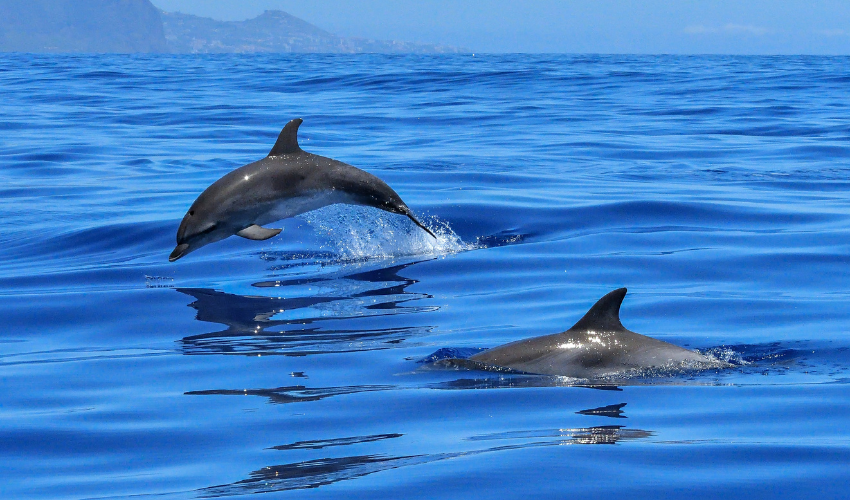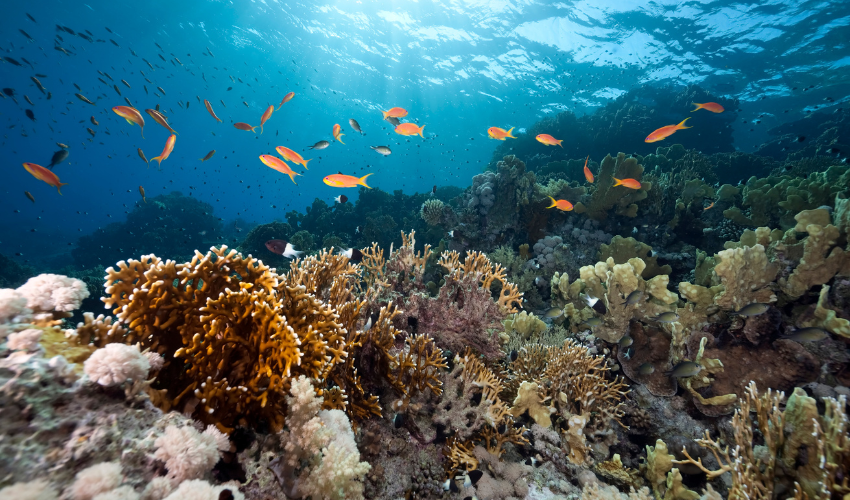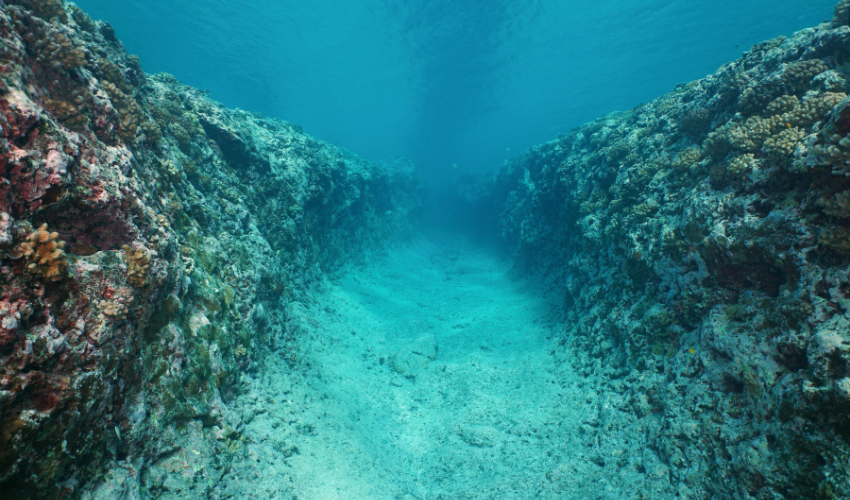The ocean covers over 70% of our planet’s surface, yet we have only explored a fraction of what lies beneath the waves. Enter oceanography, the scientific study of the ocean and all its wonders. This interdisciplinary field brings together aspects of physics, chemistry, geology, biology, and environmental science to help us understand the complexities of the ocean and its role in our global ecosystem.
In this article, we will dive into the world of oceanography and explore its many facets, including the study of marine life, ocean currents, climate change, and more. Whether you’re an aspiring oceanographer or just curious about the world beneath the waves, this guide is for you.
What is Oceanography?

At its core, oceanography is the study of the ocean and all its physical, chemical, and biological properties. This includes everything from the tides and waves to the diverse array of life forms that call the ocean home. The field of oceanography is further divided into four main sub-disciplines.
Biological Oceanography

This branch of oceanography focuses on the study of marine life and ecosystems, from tiny plankton to massive whales. Biological oceanographers explore the interactions between marine organisms and their environment, including how they adapt to changing conditions.
Chemical oceanography

As the name suggests, this branch of oceanography deals with the chemistry of seawater and how it interacts with the atmosphere and other components of the ocean. This includes the study of elements and compounds within the ocean and how they affect marine life and the environment.
Physical oceanography

This sub-discipline focuses on the study of ocean currents, tides, waves, and other physical properties of the ocean. Physical oceanographers use sophisticated instruments and mathematical models to understand the behavior of the ocean and its impact on climate.
Geological oceanography

This branch of oceanography deals with the study of the geology of the ocean floor, including the processes that shape the seabed, the distribution of minerals and resources, and the formation of underwater features like seamounts and trenches.
Importance of Oceanography
- Climate regulation
- Natural resources
- Marine conservation
- Disaster prevention
- Bullet Points:
The ocean plays a critical role in regulating the Earth’s climate, storing vast amounts of carbon and absorbing heat from the atmosphere.
Ocean currents, waves, and tides have a significant impact on global weather patterns and can even influence the formation of hurricanes and typhoons.
Marine organisms provide a wealth of resources, including seafood, pharmaceuticals, and other valuable compounds.
Understanding the geology of the ocean floor is crucial for mapping potential sources of minerals and other resources, as well as for predicting natural disasters like tsunamis and earthquakes.
FAQs:
What is the difference between oceanography and marine biology?
While both fields deal with the study of the ocean and marine life, oceanography is a broader field that encompasses the physical, chemical, and geological properties of the ocean, while marine biology focuses specifically on the study of marine organisms and ecosystems.
How do oceanographers study the ocean?
Oceanographers use a variety of tools and techniques to study the ocean, including ships, submersibles, satellites, buoys, and sensors. They also use computer models to simulate ocean processes and predict future changes.
What are some current challenges in oceanography?
One major challenge facing oceanographers today is the impact of climate change on the ocean, including ocean acidification and rising sea levels. Other challenges include overfishing, pollution, and the need to balance conservation efforts with the responsible use of marine resources.
How can we use oceanography to improve our lives?
Oceanography has many practical applications, from improving weather forecasting and disaster prevention to developing sustainable fisheries and identifying new sources of renewable energy. By understanding the ocean and its complex interactions with the rest of the planet, we can make more informed decisions and work towards a more sustainable future.
Conclusion
In conclusion, oceanography is a fascinating and crucial field of study that helps us better understand the ocean and its role in our global ecosystem. From the study of marine life to the impact of climate change, oceanography touches on a wide range of topics and has many practical applications for improving our lives and protecting our planet. So the next time you look out at the ocean, remember that there is so much more beneath the surface waiting to be explored and understood through the lens of oceanography.






















